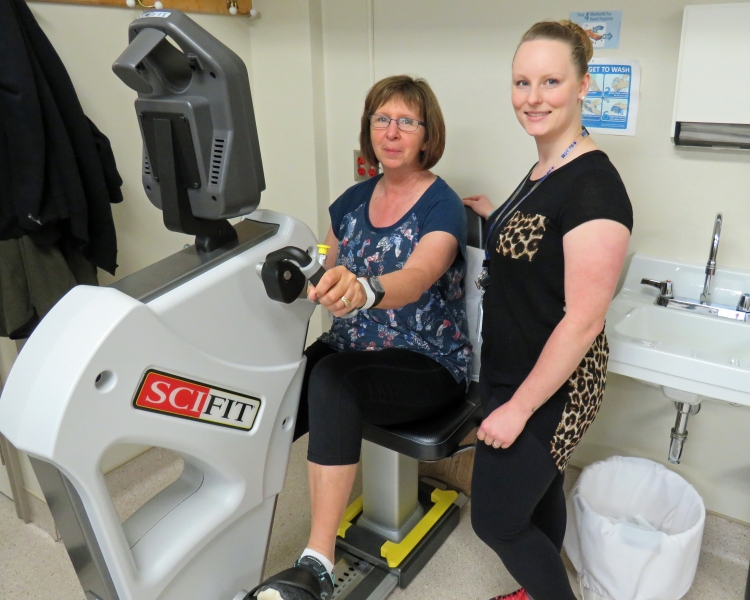

Public reporting of our infection rates is important because it will allow us to work with a standardized approach across the province. Our commitment to our patients is one of safety and continuous improvement. If our rates rise above our baseline, then we will: internally at our hospital’s processes; consult externally with experts; identify areas for improvement and implement strategies to reduce MRSA bacteremia in our organization.
Staphylococcus aureus, often referred to simply as "staph," are bacteria commonly carried on the skin or in the nose of healthy people. Approximately 25% to 30% of the population is colonized (when bacteria are present, but not causing an infection) in the nose with staph bacteria. Sometimes, staph can cause an infection. Staph bacteria are one of the most common causes of skin infections. Most of these skin infections are minor (such as pimples and boils) and can be treated without antibiotics (also known as antimicrobials or antibacterials). However, staph bacteria also can cause serious infections (such as surgical wound infections, bloodstream infections, and pneumonia).
There are no outbreaks of C. difficile at St. Francis Memorial Hospital.
MRSA bacteremia rates may vary from month to month: the smaller the facility, the greater the rates will vary – this is because a change of even one case in a small facility will cause the rate to go up or down considerably.